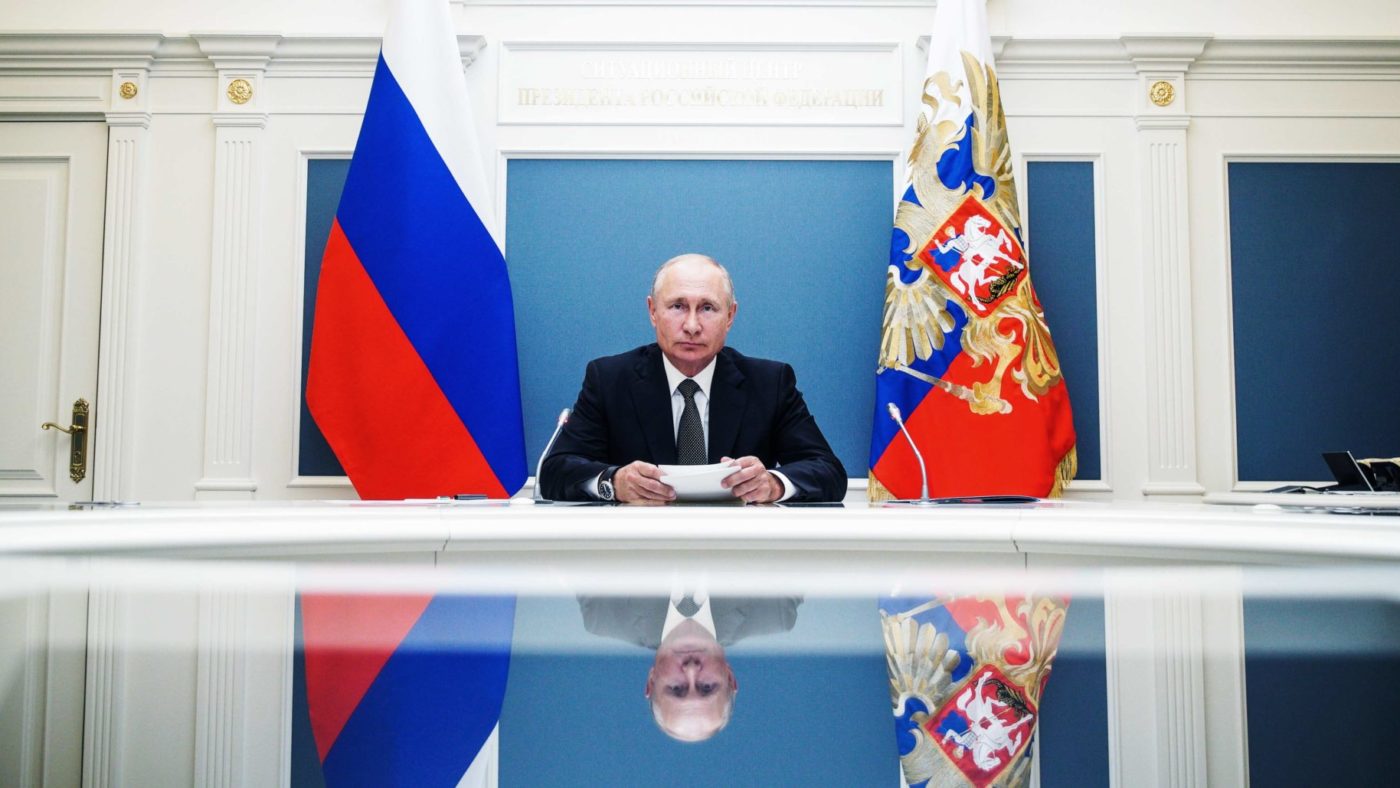It was a long time coming. Five years after the Intelligence and Security Committee wanted to begin an inquiry into Russian interference in the UK, two years after the ISC did begin an inquiry, 18 months after the Committee’s report was sent to Number 10, and nine months after Prime Minister Johnson delayed its released, the report was finally released this week. Was it worth the wait? I think so.
True, the report did not – in the words of Boris Johnson – contain a “smoking gun” of the kind many people hoped for. But this is because many people hoped for specific details about prominent Russians giving donations to political parties, or lending support (financial or otherwise) to political movements, or retaining politicians.
The redacted report was always unlikely to ‘name and shame’ particular individuals. The longer, unredacted version of the report may do this, but it is seen and circulated only at the highest levels of government. (Besides, so much is known about this already it really should not require an ISC inquiry to bring it to their attention). Nevertheless, the report provides a fascinating insight into the short-sightedness and complacency of successive British governments.
This is particularly the case with the threat posed by Russia itself. David Cameron’s government “fail[ed] to prepare” for Russia’s disinformation threat after the 2014 Scottish independence referendum, and Theresa May’s government neither saw nor “sought evidence of successful interference in UK democratic processes or any activity that has had a material impact on an election”. So complete is the failure of UK policy that – in a now much quoted phrase – “Russian influence in the UK is ‘the new normal’”.
The report reads as a scathing rebuke of political naivety and policy failure over the past two decades. There are multiple, competing strategies for dealing with the threats posed by the Kremlin, and none are fit for purpose. The intelligence agencies reduced the attention they paid Russia in the 1990s and 2000s. The notion that Russia might attack our political processes was barely considered by anyone – MI5 replied to the Committee with only six lines of text on the matter.
It is also the case with dirty money. “The UK”, the report says, “welcomed Russian money, and few questions – if any – were asked about the provenance of this considerable wealth”. It describes how “A large private security industry has developed…to service the needs of the Russian elite” and asserts that “Lawyers, accountants, estate agents and PR professionals have played a role, wittingly or unwittingly, in the extension of Russian influence which is often linked to promoting the nefarious interests of the Russian state”.
All of this was blindingly obvious to anybody who had been paying attention – and it had been in the decade before the ISC began its inquiry.
Because of its broad scope, the report inevitably poses more questions than it answers. The recommendations it makes range from more resources for the intelligence services to a new Foreign Agents Registration Act-style espionage law and means to crack down on the dirty-money oligarchs and their pin-striped enablers. Another much-needed recommendation is for a thorough investigation of Russian meddling in our political processes. As the report highlights, British authorities have shown no curiosity on this issue. This in itself should be a national scandal, but the report highlights so many scandalous issues that it is being overshadowed somewhat.
These are all perfectly sensible recommendations, but they seem to date from a bygone era when something – anything – could be done about the issues. But the report is clear that little can be done to address some of them, and instead effort should focus on alleviating the impacts of the most egregious: UK companies and political figures are so caught up with the Russian elite that the links “cannot be untangled” and, in the absence of any alternative, the Government should try to “mitigate the risk”.
Besides, implementing such recommendations requires time, money and – crucially – political will. And if money and time are in short supply in London at the moment, then political will is in even shorter supply still. Rather than use the report’s release as an opportunity to have a national conversation about the “all-encompassing national security threat” Russia poses, particularly in relation to the health of our democracy, Johnson attacked Remainers and joked about flip-flops.
And that is perhaps the report’s key message. Pro-Kremlin oligarchs may have penetrated our institutions, but only because we let them. Moscow may have influenced our democratic processes, but successive governments have turned a blind-eye. Russia may look strong, but only because we are weak.
Click here to subscribe to our daily briefing – the best pieces from CapX and across the web.
CapX depends on the generosity of its readers. If you value what we do, please consider making a donation.


